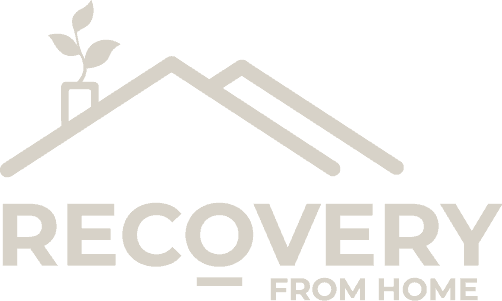What is the meaning of sober?
The term “sober” primarily refers to a state of being free from the influence of alcohol or drugs, maintaining mental clarity and control. For individuals in addiction recovery, being sober signifies abstinence from substances and represents a commitment to leading a healthier, substance-free life. Sobriety often extends beyond physical abstinence to include emotional and mental balance, fostering a lifestyle of mindfulness and resilience.
The journey to sobriety can be challenging but transformative. It involves addressing the root causes of substance dependency and adopting strategies to maintain a clear mind and body. Sobriety is often supported by structured recovery programs, counseling, and peer support groups, offering tools to build sustainable habits.
In broader contexts, “sober” can also describe a serious or thoughtful demeanor, as in a sober discussion, or simplicity, such as a sober design. These meanings convey moderation, restraint, or focus, characteristics often associated with sobriety in recovery as well.
Living sober is not merely the absence of substances; it is the presence of purpose, clarity, and emotional stability. For many, sobriety signifies regaining control, building stronger relationships, and rediscovering a life filled with potential and fulfillment, free from the grip of addiction.
ARE YOU SOBER VS ABSTINENT
There’s a difference, and it’s an important one. It’s possible to abstain from drugs, alcohol, or other addictive behaviors and yet feel miserable. That misery, fed by growing resentment, can make abstinence unsustainable in the long run. You might stay abstinent for years without experiencing an actual change in your heart or mind. True sobriety, on the other hand, is a content and peaceful state where there’s no desire to alter your authentic self. It’s a space where fulfillment is found within, and external substances or distractions aren’t needed.
The difference?
Abstinence:
The action of not doing the wrong things
You may quit a habit simply because it’s unhealthy, assuming the absence of that behavior will fix how you feel. But the underlying feelings remain if they aren’t addressed.
Often built on future fears or past shame
Many people stop certain behaviors out of fear—whether fear of future health consequences or the weight of past mistakes. But if fear is the primary motivator, the change often doesn’t last.
Correct actions will lead to a changed mind
You might follow the “right” steps, believing this will change your mindset. However, going through the motions doesn’t address the core thoughts and feelings behind the actions.
Being pushed
Sometimes, you might feel external pressure to stop a behavior, whether from family, friends, or society. This external push can feel like something you must do rather than something you choose.
Out-discipline addiction
Relying on discipline alone can be exhausting. No matter how much you force yourself to avoid a behavior, the cravings or urges can persist if the root issues aren’t resolved.
Sobriety:
Doing the right things that create a fulfilling life
Instead of just avoiding negative behaviors, you begin to focus on activities and habits that bring genuine joy and fulfillment, like spending time with loved ones or pursuing hobbies that nourish you.
Built on freedom and fulfillment
True sobriety isn’t about restriction; it’s about freedom. When your decisions come from a place of personal empowerment and fulfillment, the change feels liberating, not limiting.
A change of mind will lead to correct actions
When your mindset shifts, your actions naturally follow. Rather than forcing yourself to do the “right” things, you’ll find that they flow effortlessly from a healthier mental space.
Pulling yourself upwards
The motivation to change feels different when it comes from within. You’ll notice that you’re no longer being pushed by outside forces but pulled by an internal desire for growth and happiness.
Out-heal addiction
Healing is at the heart of true sobriety. When you focus on healing the parts of yourself that feel wounded or broken, the need to numb those feelings with substances or behaviors diminishes.
Imagine you’re drinking because you feel unhappy. Then, you quit drinking, but the unhappiness remains or even gets worse. How sustainable is that? What’s the point of giving something up if the underlying issue hasn’t been addressed?
You want to be sober, not just abstinent. You deserve a beautiful and fulfilling life, not one based on constant self-denial. Sobriety is about healing and growth, about finding the peace and contentment that no substance or behavior could ever provide.
Author: Gideon de Wit











